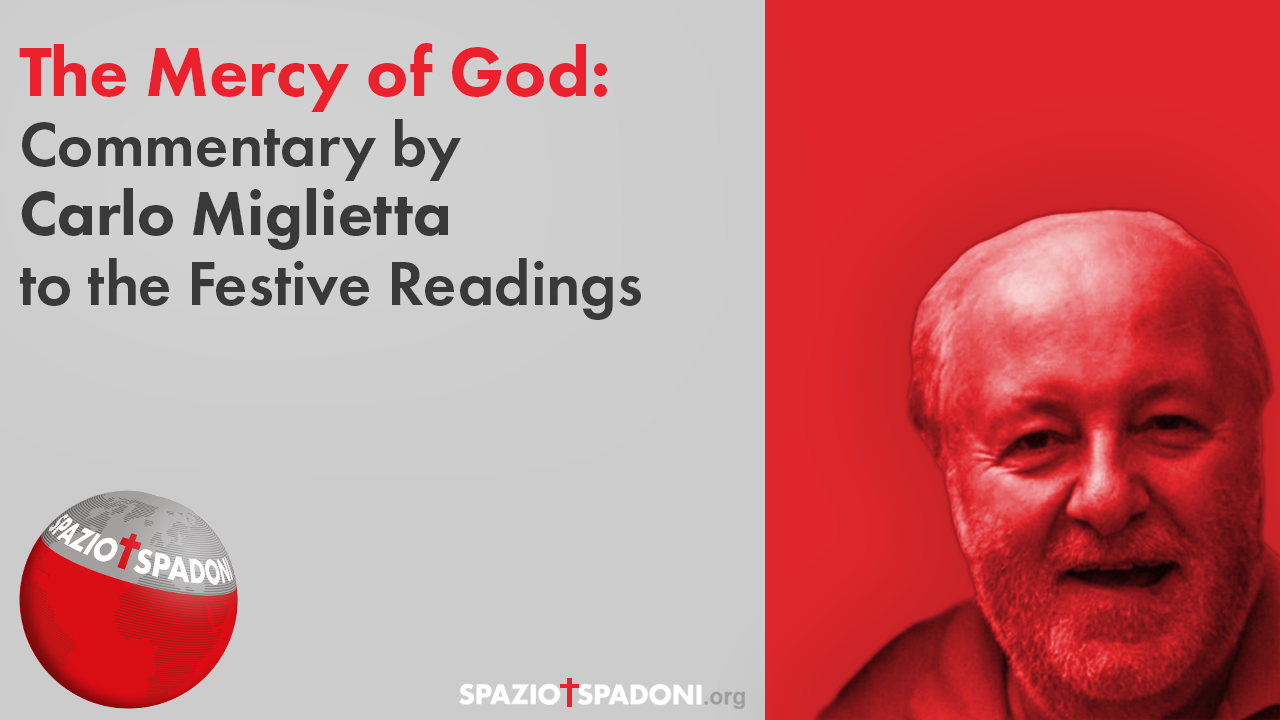
Easter Resurrection – The Resurrection of Jesus, Foundation Of Faith
Readings: Acts 10:34, 37-43; Col 3:1-4 (1 Cor 5:6-8); Jn 20:1-9
The Resurrection of Jesus, core of the Faith
The resurrection of Jesus is the centerpiece of the story, the central event of our faith. It is the unique “sign” given by Jesus (Mt. 16:4) that the man who died slaughtered on a cross was not one of the many derelicts of human affairs, but God Himself who took on the limit of the world to annihilate it and give us His own divine life. That is why it is the “kèrigma,” the core of the Christian faith. That is why Easter is the fundamental Christian feast! Paul emphasizes this with extreme force: “If Christ has not been raised, then our preaching is in vain and your faith is also in vain” (1 Cor. 15:3-22). Witnessing the risen Jesus is the purpose of preaching throughout the early church: the apostle is to be the “witness of his resurrection” (Acts 1:22; 4:33). The great proclamation of Peter and all the Apostles is precisely that “Jesus of Nazareth … whom you nailed to the cross … and killed …, God has raised him up” (Acts 2:22-36; cf. 3:14-15. 26; 4:10; 5:30; 10:40-41). Thus Paul “announced Jesus and the resurrection” (Acts 17:18), calling it the “sure proof” (Acts 17:31) of Christ’s Lordship (cf. Acts 13:30-37; Rom 1:4…).
The Resurrection of Jesus, the foundation of Faith
For those who already believe in God by a philosophical path, the resurrection of Jesus will represent the confirmation that he is truly the Son of God (and will be the procedure of the school of Alexandria, Egypt, from the late second century); for others, the experience of a man who, by being resurrected, conquers death, and is thus shown to be stronger than nature, hence supernatural, and therefore God, will be the way to come to believe in the existence of God, as well as in the divinity of Jesus Christ (as will be proposed by the “historical way” of the school of Antioch of Syria, from the 3rd century).
All people of all times are called to confront the apostolic witness: of those Apostles who, fearful and defeated after the death of Jesus (Jn. 21:19), after their encounter with the Risen One go out to announce to the world their shattering experience to the point of paying with their lives for their affirmation. Christians are those who find them credible and truthful: They accept their testimony, the testimony of many and in different circumstances, considering it to be that of serene and balanced people, simple and down-to-earth men, far from being able to invent speculations of this kind, who are not ashamed to say that they themselves first doubted, who do not bother to compose the numerous discords that on minor details of the Easter events are found in the Gospels (as would have been done by those who wanted to invent such a story), who gained nothing from their attestation, indeed who sealed their word in blood. Christians are those who embrace their proclamation, but who above all then change their lives, inserting them into that of the Risen One.
Jesus’ Resurrection, ultimate victory over death
In the triumph of the Lord’s resurrection, evil, sorrow, and death have been annihilated forever: through his resurrection we are ushered into a “new heaven and a new earth,” in which “there shall be no more death, nor mourning, nor crying, nor sorrow” (Rev. 21:1-6). But above all, an even greater event has been fulfilled for us: we have even become “partakers of the divine nature” (2 Pet 1:4; cf. Rom 8:29-30; 1 Jn 3:2), receiving “adoption as sons” (Gal 4:5; Eph 1:5), made “sons … and heirs” (Rom 8:17)! Now for us in the Risen Christ the creation project has been fulfilled, and we live by the very life of God! Here our poor words fall silent, and only contemplation in the Holy Spirit can to some extent introduce us to such a stupendous and joyful mystery.
